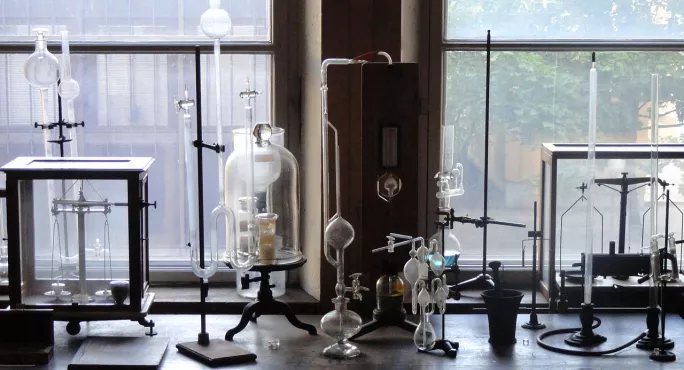Schools in England are “well short of achieving world-class practical science”, when measured against a set of 10 benchmarks, a new report has claimed.
Sir John Holman, a former headteacher and science teacher and currently president of the Royal Society for Chemistry, outlines the 10 benchmarks in a report, Good Practical Science, published today by the Gatsby Foundation.
The report outlines the measures for “good practical science”, which were developed following a review of existing research, in-depth study visits to six high-performing countries or territories, and in consultation with experts in the UK and abroad.
The report says that the measures are designed so that schools can look at how they are doing against them. Detailed criteria for each benchmark are outlined in the full report.
Here are the headline benchmarks:
Benchmark one: planned practical science
Every school should have a written policy that explains why teachers use practical science, the outcomes they expect from it and how they achieve those outcomes. The value of having a written policy lies in the process of its production.
Benchmark two: purposeful practical science
Teachers should know the purpose of any practical science activity, and it should be planned and executed so it is effective and integrated with other science learning.
Benchmark three: expert teachers
Teachers should have had subject specialist training (both initial and continuing) in the subject (biology, chemistry, physics etc) and age range they teach, so they can carry out practical science with confidence and knowledge of the underlying principles.
Benchmark four: frequent and varied practical science
Students should experience a practical activity in at least half of their science lessons. These activities can be short, but should be varied in type.
Benchmark five: laboratory facilities and equipment
Schools should have enough laboratories to make it possible for every teacher to do frequent practical science safely. Each laboratory should have sufficient equipment for students to work in small groups.
Benchmark six: technical support
Science departments should have enough technical or technician support to enable teachers to carry out frequent and effective practical science.
Benchmark seven: real experiments, virtual enhancements
Teachers should use digital technologies to support and enhance practical experience, but not to replace it.
Benchmark eight: investigative projects
Students should have opportunities to do open-ended and extended investigative projects.
Benchmark nine: balanced approach to risk
Students’ experience of practical science should not be restricted by unnecessary risk aversion.
Benchmark 10: Assessment fit for purpose
Assessment of students’ work in science should include assessmentof their practical knowledge, skills and behaviours. This applies to both formative and summative assessment.




